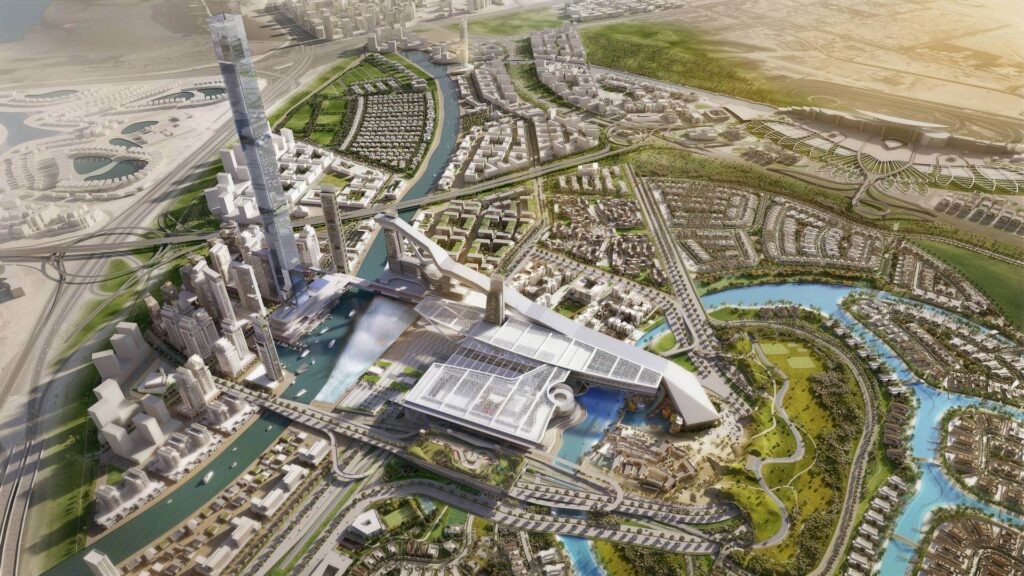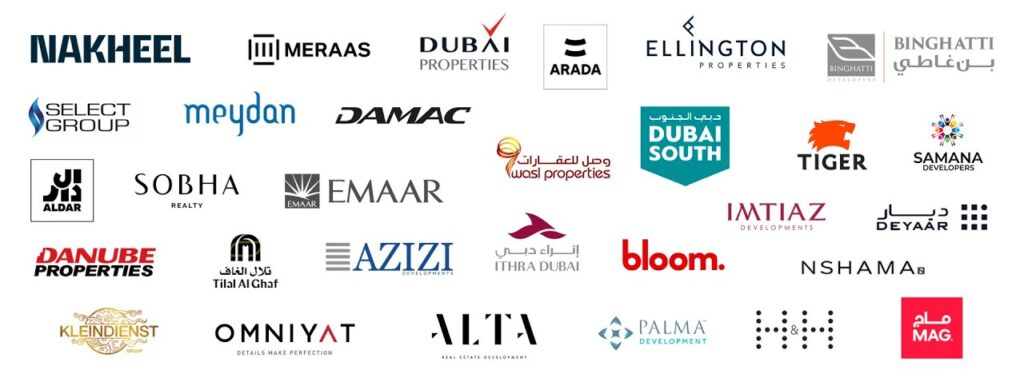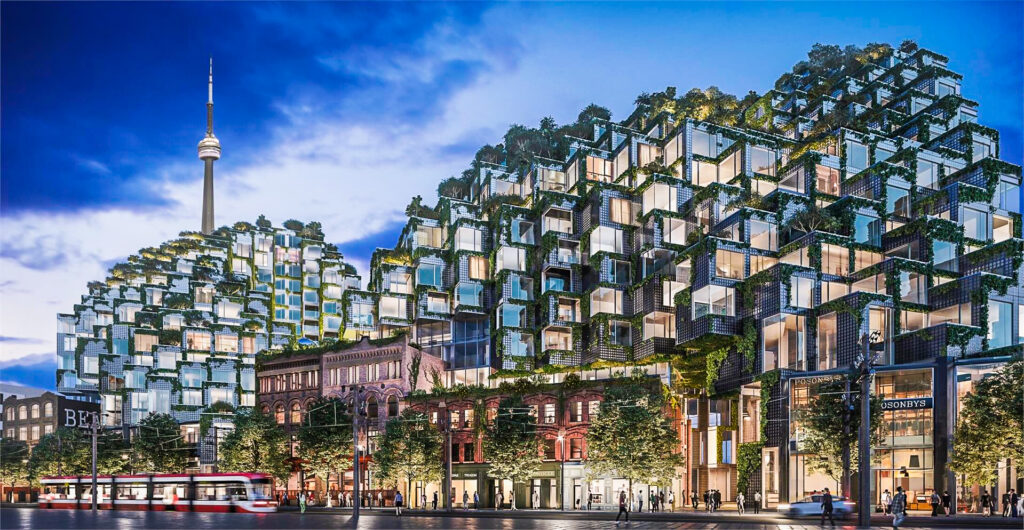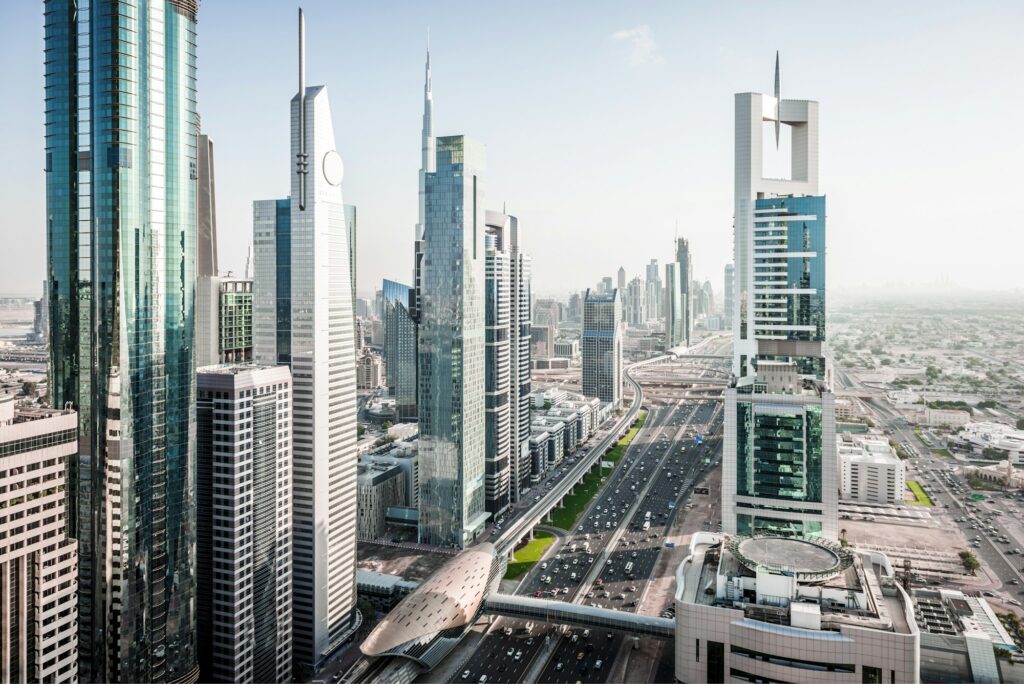Renting a property in the UAE can sometimes come with unexpected costs for tenants, as landlords are increasingly asking tenants to pay for repairs and maintenance. This trend has been on the rise in recent years, leaving many renters feeling frustrated and financially burdened. While it is not uncommon for tenants to be responsible for minor repairs and maintenance tasks, such as changing light bulbs or unclogging drains, some landlords are now pushing the boundaries by asking tenants to foot the bill for more significant repairs, such as fixing air conditioning units or water leaks.
This shift in responsibility has caught many tenants off guard, as they were not made aware of the additional costs when signing their lease agreements. For those living in older buildings or properties with outdated infrastructure, the expenses can quickly add up, putting a strain on their budgets. Tenants are finding themselves in a difficult position, as they are left with little choice but to pay for the repairs or risk facing penalties or eviction.
One of the reasons behind this trend is the increasing cost of property maintenance in the UAE. Landlords are facing rising expenses for repairs and upkeep, and some are passing these costs onto their tenants as a way to alleviate the financial burden. Additionally, some landlords may be taking advantage of the current rental market conditions, where demand for properties is high, and tenants are struggling to find affordable housing options.
While tenants have rights under the UAE rental laws, enforcing these rights can be challenging, especially for expatriates who may not be familiar with the local legal system. Many tenants are unsure of their rights and responsibilities when it comes to repairs and maintenance, making them vulnerable to exploitation by unscrupulous landlords. Some tenants have reported feeling pressured to pay for repairs out of fear of retaliation or eviction, even though they may not be legally obligated to do so.
This situation highlights the importance of clear communication between landlords and tenants, as well as the need for greater transparency in lease agreements. Tenants should be informed of their rights and responsibilities regarding repairs and maintenance before signing a lease, to avoid any confusion or disputes in the future. Landlords, on the other hand, should be upfront about any additional costs that tenants may incur during their tenancy, to ensure a fair and equitable relationship.
In response to this issue, some tenants are calling for stricter regulations to protect their rights and prevent landlords from unfairly passing on maintenance costs. They are advocating for clearer guidelines on what constitutes tenant responsibilities versus landlord responsibilities when it comes to repairs and maintenance. By establishing clear and transparent rules, both parties can avoid misunderstandings and disputes, leading to a more harmonious rental experience for all involved.
Ultimately, the burden of property maintenance should not rest solely on the shoulders of tenants. Landlords have a legal obligation to ensure that their properties are in a habitable condition and to perform necessary repairs and maintenance to uphold this standard. By shirking this responsibility onto tenants, landlords are not only violating their legal obligations but also risking the well-being and safety of their tenants.
As the rental market in the UAE continues to evolve, it is crucial for both landlords and tenants to educate themselves on their rights and responsibilities. By fostering open communication and mutual respect, landlords and tenants can work together to create a positive and cooperative rental environment. With greater awareness and advocacy, tenants can protect themselves from being unfairly burdened with additional costs and ensure that their rights are upheld in the rental market.
Featured image provided by unsplash.
Featured image provided by unsplash.






